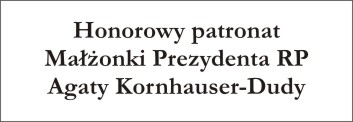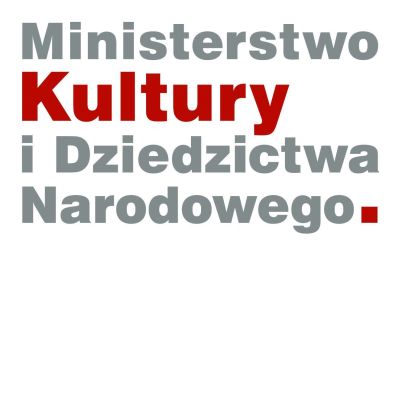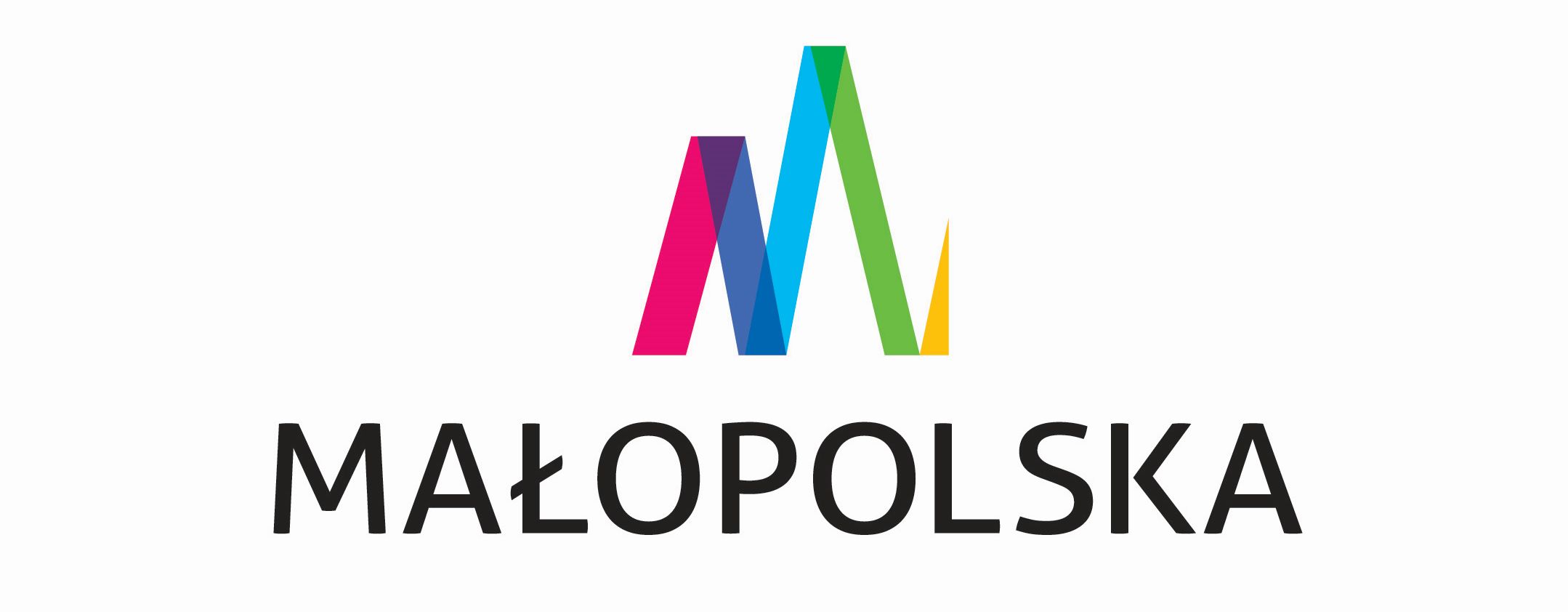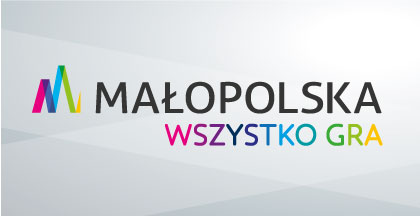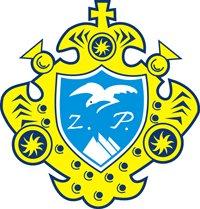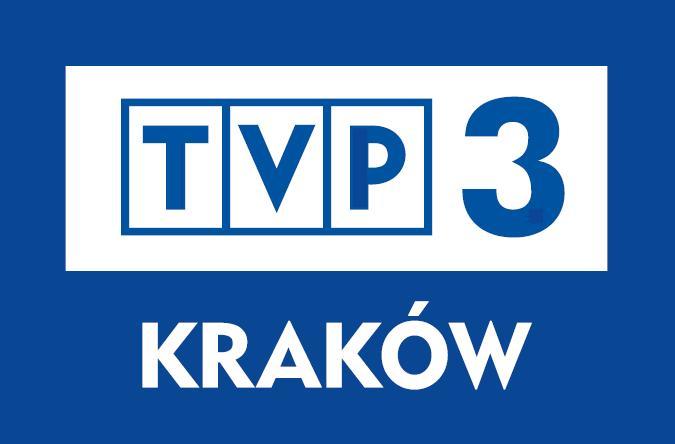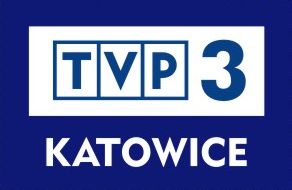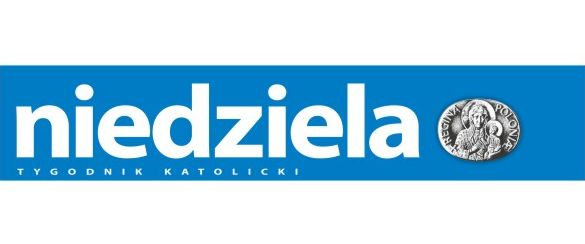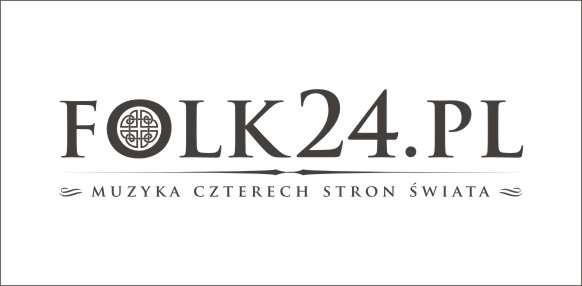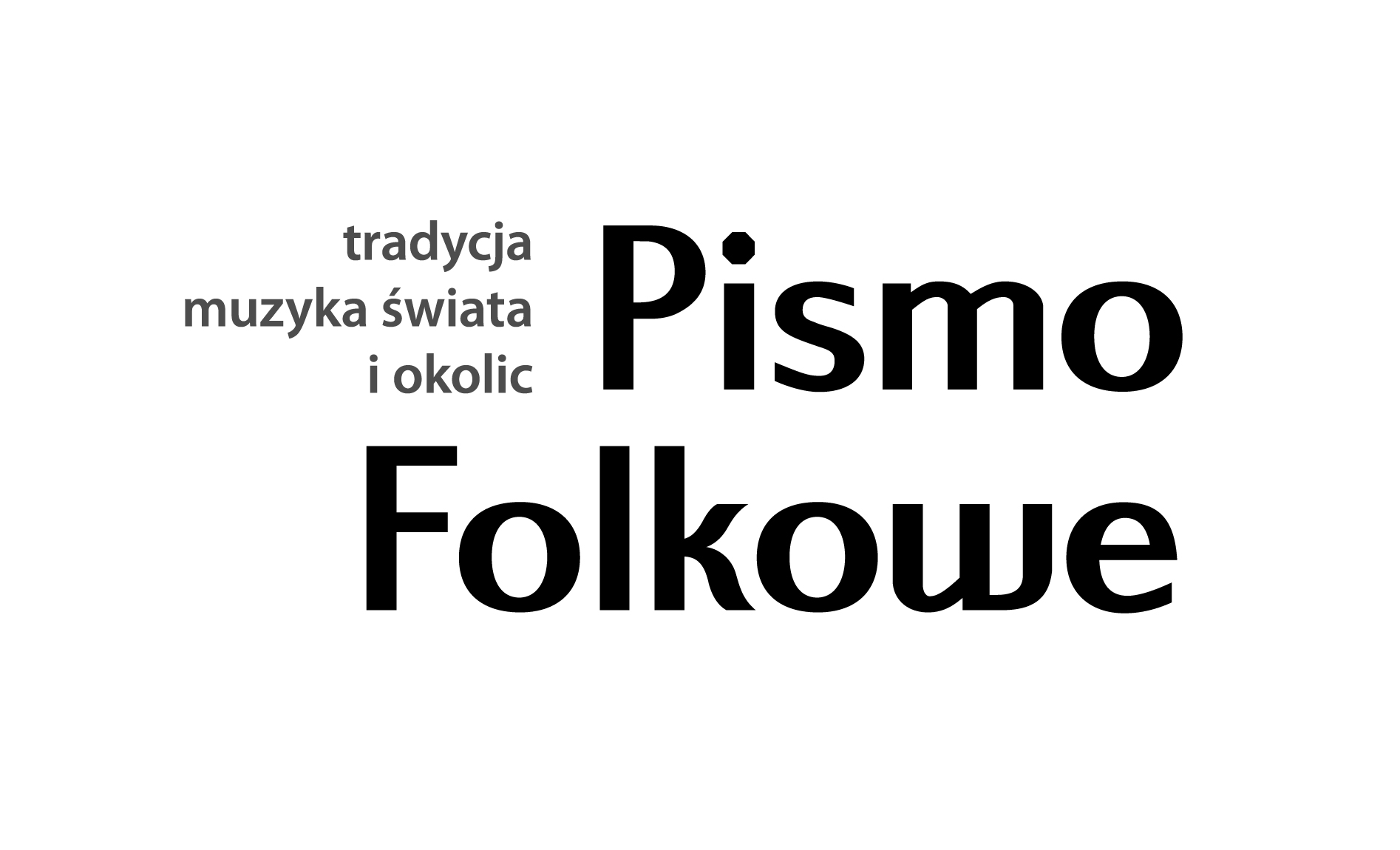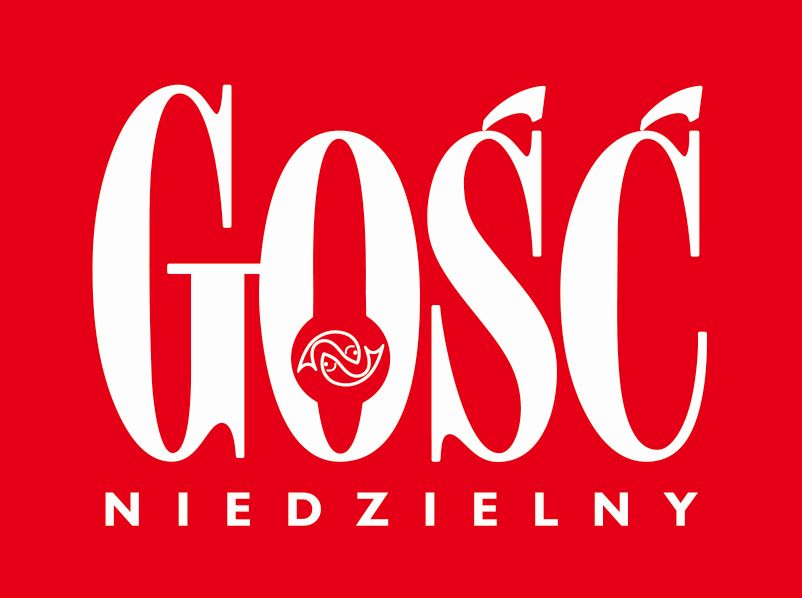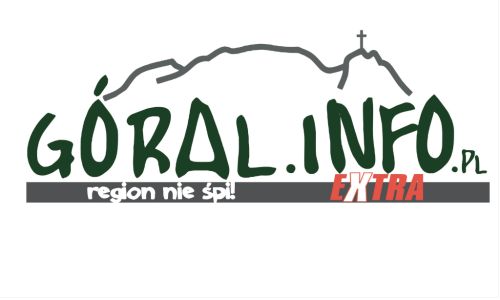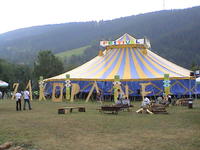
This year we will celebrate 48. International Festival of Highland Folklore in Zakopane. The forty fourth International Folklore Festival will be unique. This will not only be an international public holiday folklore, but also a meeting of the great family festival - all of who have been creating this festival for 47 years, whose work, dedication and commitment is typed in its history.
This history of the Zakopane Festival dates back to the second Rzeczypospolita, and its pedigree can be combined with the concept of "Association of Lands' arisen on the basis of the Podhale regionalism, concentrated in the twenties of the twentieth century by Wladyslaw Orkana. Proposed by the concept of the unity of all involved groups inhabiting the Polish Carpathians, from Huculszczyzna to Beskid Slaski and the creation of an organism to understand the common development programme.

After the World War II the idea of local holidays were reactivated again, in slightly modified form under the name of the International Folklore Festival. Today Zakopane competition is a prestigious and internationally recognized folklore event, not only in Poland but also abroad. Over the past 46 years it has invited nearly 530 ensembles from over 60 foreign countries, and about 200 Polish ensembles.
Elaborated in the 1960’s years, these rules with minor modifications survive to this day. Currently, ensembles participating in the competition are judged by an
international jury in similar categories:
I - TRADITIONAL
II - REPRESENTATING FOLKLORE IN ARTISTIC ELABORATED
III - STYLIZED

Criticized and controversial formula of the competition, has survived the test of time and now attracts ensembles from different countries and continents, wishing to stand in the competition of the most important trophy ‘Golden Highlanders Axe’. In addition, the festival is also one of the most important components of the unique climate of Zakopane and its cultural landscape. This is an unique event, while the proposal offered attractive tourist city, which attracts crowds of fans from all over Poland. Tourists come under Giewont, to spend time with highlanders from different corners of the world to experience folklore adventure. But that's not all, irrespective of cognitive, promotional, and mercantile purposes, the festival is also an important event for the Podhalan mountaineers, who can strengthen the ties between Highlanders of different regions, a regional identity, invoked and identify the most valuable elements of their culture.
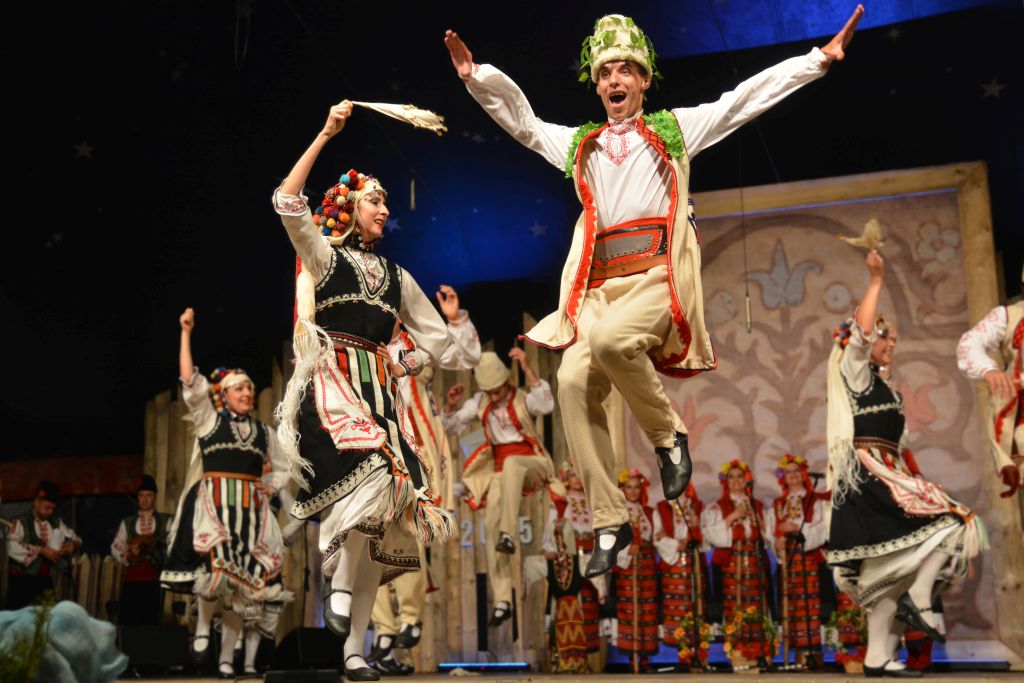
Residents of the Podhalan villages can break from everyday commitments, they can meet with each other in the festival village, in an extraordinary atmosphere, can meet and talk round the camp-fire listening to the sounds of highland music drifting across from the tent, to strengthen themselves by drinking tea, to sing. This is the second face of festival life, less formal and less visible but equally interesting, which takes place next to the competition struggle.

